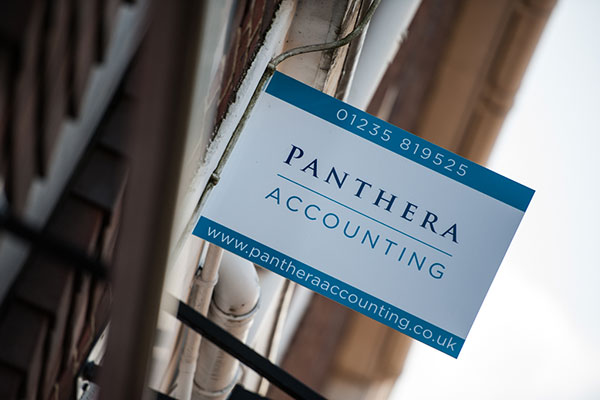Employer reference numbers

Your Employer Reference Number is a unique code used to identify your business. On tax forms, this number is also often referred to as an employer PAYE number.
The Accounts Reference Number and the Employer Reference Number are two separate things however they are both sent to you by HMRC when you first register as an employer.
The first three digits of your Employer Reference Number relate to the PAYE office that looks after your account. Your Accounts Reference Number is a 13-digit code that takes the structure 123/AB12345678.
Make sure you give the correct number that HMRC asks for if they need it as the two numbers are not interchangeable.
How do I find my PAYE reference number?
After you register as an employer, HMRC will give you an employer’s welcome pack containing your Employer Reference Number. Your PAYE reference number will also be on all forms of communication between you and HMRC.
It is important to note that if your business operates in several locations, you will be given additional Employer Reference Numbers. So, it is a good idea to keep track of these different numbers across your business structure.
When do I need this number?
Your Employer Reference Number is used in a variety of ways. For instance, employees may ask for it if they need to apply for student loans or tax credits. For this reason, you should include the Employer Reference Number on all payslips, P60s, P11Ds, and P45s in order to make this number readily available to all members of staff.
You will need your Employers Reference Number if you wish to purchase employers’ liability insurance. Specifically, you will need the number to identify the times during which an employee has worked for you.
You will often be asked to provide your Employer Reference Number or your Accounts Reference Number whenever you contact HMRC. This includes when you complete your PAYE returns.
When do I not need this number?
There are many situations in which you will not need to register under PAYE, and therefore will not need an Employer Reference Number. This is the case if your employees:
- Are paid via an agency,
- Each earn less than £113 a week,
- Are volunteers (unpaid).
If your business is based in the Channel Islands or the Isle of Man, then you will not need to register for a PAYE number.
Using your PAYE reference number for insurance
You will need your Employers Reference Number when dealing with employee insurance claims in your business.
If you make an insurance claim, the Employers Liability Tracing Office (ELTO) will use your Employer Reference Number.
They will then use this number to confirm exactly when the employee (claimant) worked for you and whether or not you were insured at the time.
Your PAYE reference number will be then used to help prove that your business had the appropriate insurance during the time the claimant was employed by you. This applies to claims both in the past, and in the future.
If you can prove that you were covered, the insurance company will pay the bill for you. That is why it is important to share your Employer Reference Number with your insurance broker.
Employment Liability Insurance is a legal requirement for most businesses, so make sure you give your PAYE number when taking out your policy.
What we can do to help
At Panthera, we offer expert guidance on all issues concerning Employer Reference Numbers. If you have any questions about how they affect your business, or you have concerns about the PAYE scheme, call our specialist team on 01235 768 561 or at enquiries@pantheraaccounting.com.

